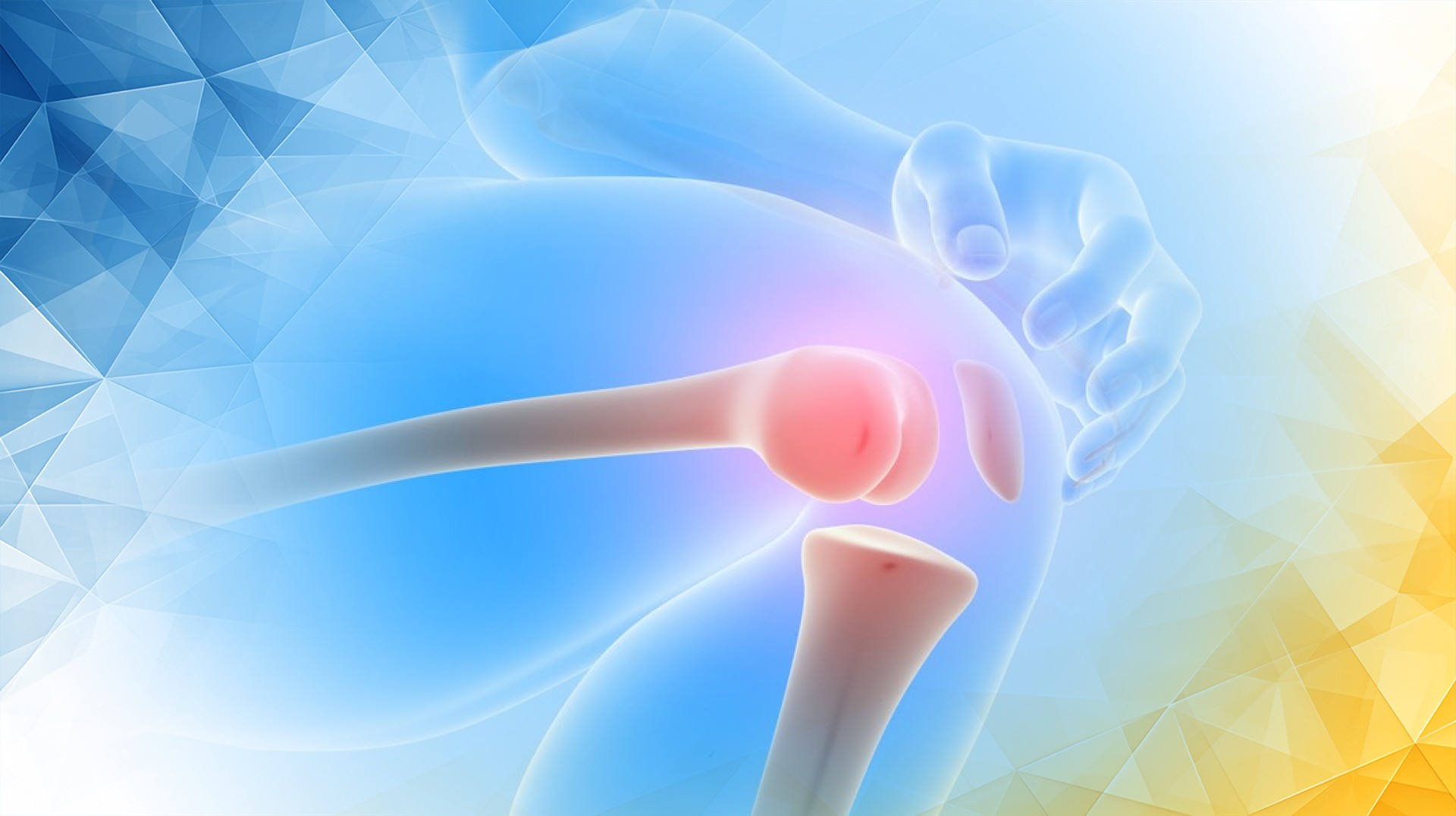



Knee replacement surgery is a widely used solution for people suffering from severe knee pain or limited movement due to arthritis, injury, or everyday wear and tear. One of the most important parts of knee health is cartilage—the strong, flexible tissue that cushions the bones and lets your joint move smoothly and pain-free. Supporting your cartilage and your new knee after surgery is key to a successful recovery and staying active for years to come. In this blog post, you’ll find a straightforward, research-supported guide to what recovery looks like, and how to look after your knee for the best possible results.
The knee is a remarkable joint, made up of bones, ligaments, muscles, and cartilage. Cartilage covers the ends of your thigh bone (femur), shinbone ( tibia ), and the back of your kneecap ( patella ). Think of it as a smooth, springy pad that keeps bones from scraping against each other. This cushion helps your knee bend and straighten comfortably. But when cartilage breaks down—from injury or arthritis—bones can rub together, leading to pain, swelling, and stiffness. That’s why it’s so important to protect and nurture cartilage, especially after knee replacement surgery .
During knee replacement surgery , surgeons remove damaged cartilage and a small portion of bone, replacing them with artificial parts made of metal and plastic. Before surgery, your doctor will do a detailed assessment and explain what’s ahead. In the operating room, the surgeon removes the worn-out surfaces and fits your new knee components so they work as much like your natural knee as possible.
After surgery, your medical team focuses on pain management and gentle movement to help your knee start the healing process. The way the surgery is performed, and the care you get right after, play a big role in how well your new knee works and how long it lasts. Proper alignment and balanced weight distribution are crucial for protecting any remaining cartilage and ensuring joint durability.
Recovering from knee replacement is a gradual journey, unfolding in several stages:
Each person’s recovery is unique, depending on factors like age, health, and how closely you stick to your rehab plan. It’s perfectly normal to face issues like stiffness or swelling, but these can be managed with careful care and patience.
Rehabilitation after knee replacement combines tried-and-true exercises with newer techniques to help you get the most from your new joint. Alongside standard stretching and strengthening exercises , you might benefit from therapies like electrical muscle stimulation (which helps activate muscles) and hydrotherapy (gentle exercises in the water that ease joint pressure). Your physical therapist will design a balanced routine to move and strengthen your knee without risking injury or delaying healing.
A smooth recovery is a team effort. Here are some practical tips:
Everyone heals at their own pace, so it’s vital to work with your healthcare team to develop a recovery plan that’s tailored to you. This personalized approach can make a real difference in protecting your knee and ensuring long-term success.
Everything mentioned here is supported by solid research. Studies show that patients who follow structured, evidence-based rehabilitation plans enjoy better knee function , healthier joints, and fewer complications after surgery. Leaning on scientific evidence helps make sure you’re getting care that’s both safe and effective for lasting results.
Caring for your knee cartilage is at the heart of a successful knee replacement and an active life after surgery. Recovery is a careful, step-by-step process involving skilled surgery, targeted rehabilitation, and a personalized touch. By knowing what to expect and following research-backed advice, you can protect your new joint, regain your confidence, and enjoy the freedom of movement for years to come. With the right information and support, you’re in charge of your recovery—and well on your way to stronger, healthier knees.
Geiger, M. (2015). The Influence Of Psychological Factors On Reducing Recovery Time From Total Knee Replacement Surgery. Symposium Student Journal of Science and Math, 2(1).
Metesky, J.-L., & Rosenblatt, M. A. (2023). Enhanced Recovery After Total Knee Replacement. Oxford University Press New York.
Naylor, J. M., Harmer, A. R., Heard, R., & Harris, I. A. (2009). Patterns of recovery following knee and hip replacement in an Australian cohort. Australian Health Review, 33(1), 124. https://doi.org/10.1071/ah090124
All our treatments are selected to help patients achieve the best possible outcomes and return to the quality of life they deserve. Get in touch if you have any questions.
At London Cartilage Clinic, we are constantly staying up-to-date on the latest treatment options for knee injuries and ongoing knee health issues. As a result, our patients have access to the best equipment, techniques, and expertise in the field, whether it’s for cartilage repair, regeneration, or replacement.
For the best in patient care and cartilage knowledge, contact London Cartilage Clinic today.
At London Cartilage Clinic, our team has spent years gaining an in-depth understanding of human biology and the skills necessary to provide a wide range of cartilage treatments. It’s our mission to administer comprehensive care through innovative solutions targeted at key areas, including cartilage injuries. During an initial consultation, one of our medical professionals will establish which path forward is best for you.
Contact us if you have any questions about the various treatment methods on offer.
Legal & Medical Disclaimer
This article is written by an independent contributor and reflects their own views and experience, not necessarily those of londoncartilage.com. It is provided for general information and education only and does not constitute medical advice, diagnosis, or treatment.
Always seek personalised advice from a qualified healthcare professional before making decisions about your health. londoncartilage.com accepts no responsibility for errors, omissions, third-party content, or any loss, damage, or injury arising from reliance on this material. If you believe this article contains inaccurate or infringing content, please contact us at [email protected].